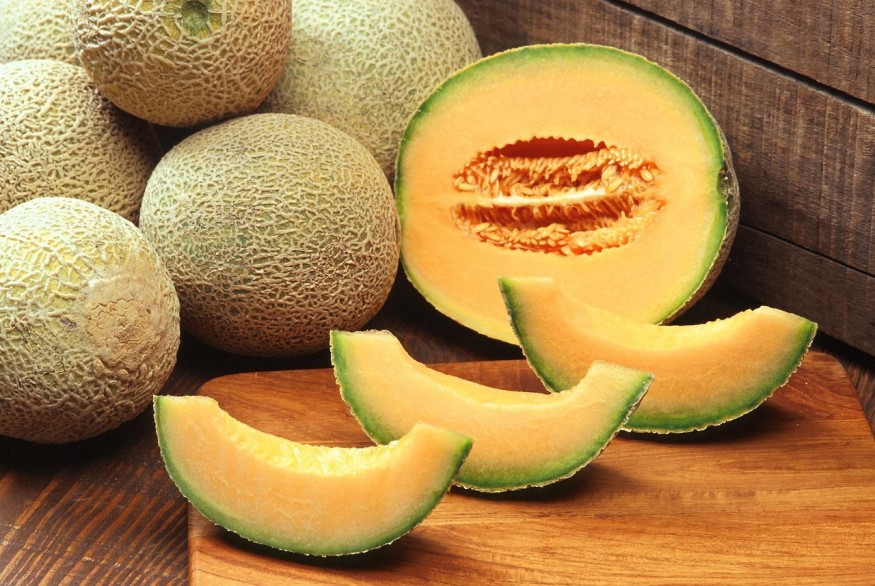Salmonella is among the most pathogenic bacteria that has significantly affected human health. This microorganism can be found in food such as chicken, egg, pork, beef, and even processed food, which can be killed during cooking. However, foods that do not require the application of heat before consumption, such as fruit, require thorough washing to get rid of these bacteria.
In addition, supermarkets are restricted from selling fruits and vegetables that test positive for Salmonella since this bacteria causes a risk to human health and can lead to severe stomach pain, vomiting, or even death. Reports have been circulating on the internet about an outbreak of Salmonella at several retailers, which has caused those stores to remove any products that might be contaminated with Salmonella.

Cantaloupe Recall Due to Possible Salmonella Contamination
After being connected to an epidemic of Salmonella, Gills Onions issued a recall of numerous diced onion products at the end of the previous month. As a result of health concerns, an additional variety of products has been recalled. Based on a report from Fox Business, upon receiving the notice from the Canadian Food Inspection Agency of possible salmonella contamination, Sofia Produce, which does business under the brand Trufresh, initiated a recall of all sizes of fresh cantaloupes that were sent throughout multiple states in the United States during the first week of October.
According to the United States Food and Drug Administration (FDA) findings, the corporation located in Arizona transported the cantaloupes directly to 10 states and Canada through various shops. However, the fruits may have also made their way into stores located in other states. The cantaloupes were wrapped in cardboard cartons with a label that said "Malichita" and were available for purchase throughout Oct. 16 to 23.
Salmonella is reportedly capable of causing severe infections and, in some cases, fatal in young kids, weak or old persons, and other individuals with compromised immune systems. Healthy people can still experience symptoms such as fever, diarrhea, nausea, vomiting, and pain in their abdomen.
Moreover, aside from the "Malichita" label, cantaloupes affected by this issue all bear a PLU sticker. The phrase "Malichita" is printed in script black letters across the white portion of this sticker toward the top. The lower half of the item is reportedly rendered in black and prominently features the number "4050" in white characters, accompanied by the inscription "Product of Mexico/produit du Mexique." Currently, the consumption of these cantaloupes has not been associated with any reported illnesses. The Food and Drug Administration strongly recommends that consumers discard this fruit or take it back to the store from whence it was purchased.
How does Salmonella spread?
Salmonellosis is an infection that is caused by a bacteria called Salmonella. It is a bacteria in the intestinal tracts of animals, particularly birds. Salmonella is most frequently passed from animals to people by the consumption of foods that have been tainted with animal waste.
Commonly infected foods include those that come from animals, such as pigs, beef, poultry, milk, or eggs; however, any food, including vegetables, can become contaminated. It can be eliminated through thorough cooking, which is fortunate because it is present in various raw foods of animal origin.
Moreover, the unclean hands of an infected food handler who did not sufficiently wash their hands after using the restroom is another way food can become tainted and enter the food supply. Salmonella can also be detected in the waste of certain companion animals, and individuals who fail to cleanse their hands after coming into contact with animals may contract the infection.
Related Article : Salmonella Outbreak in Dog Food Causes Illness of Six Infants, Prompting Nationwide Recall of Pet Food Brands
To keep up with the latest news on trending recipes, food safety, and more, follow Food World News!
© copyright 2024 Food World News, a property of HNGN Inc. All rights reserved. Use of this website constitutes acceptance of our terms and conditions of use and privacy policy.









